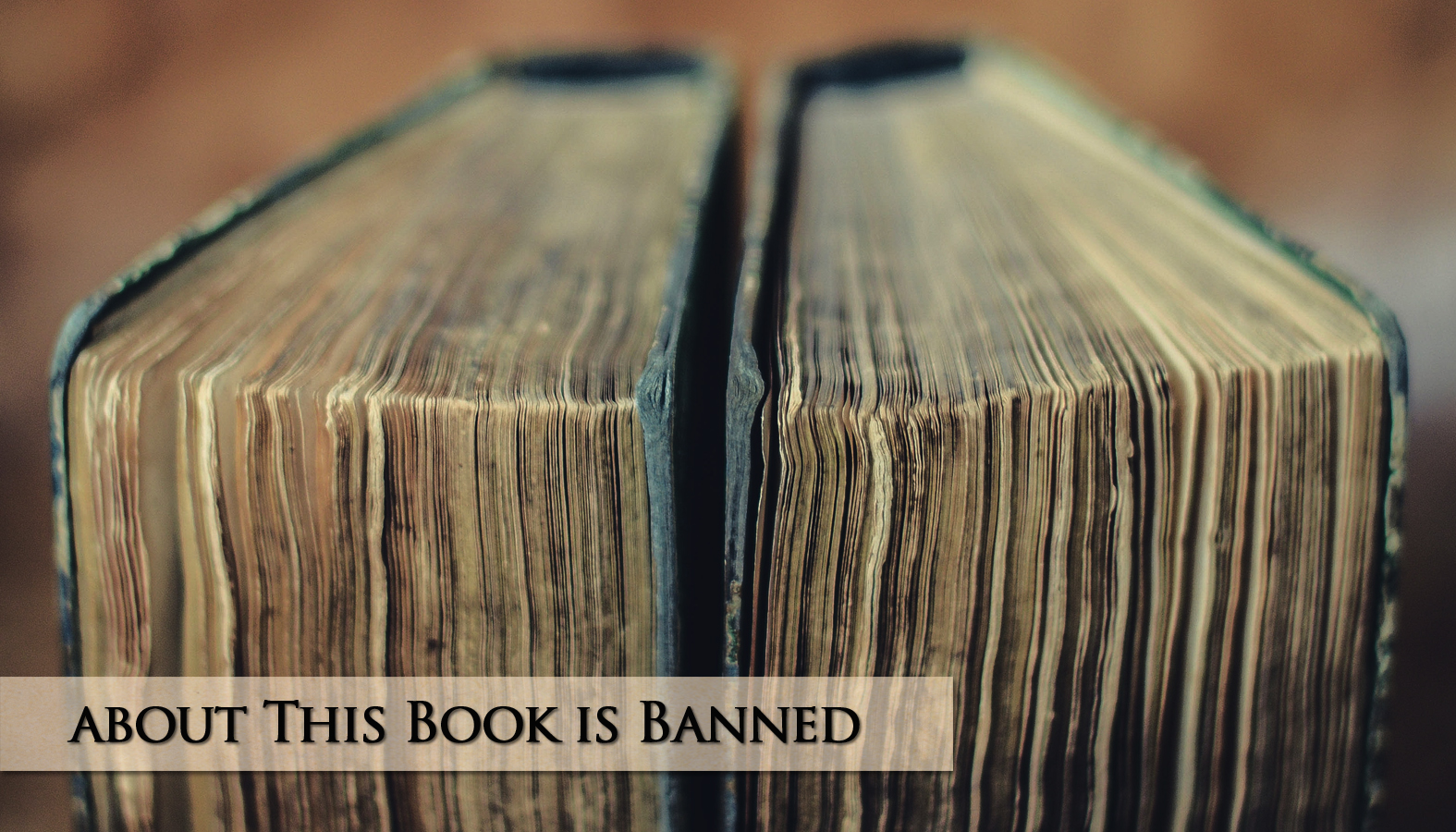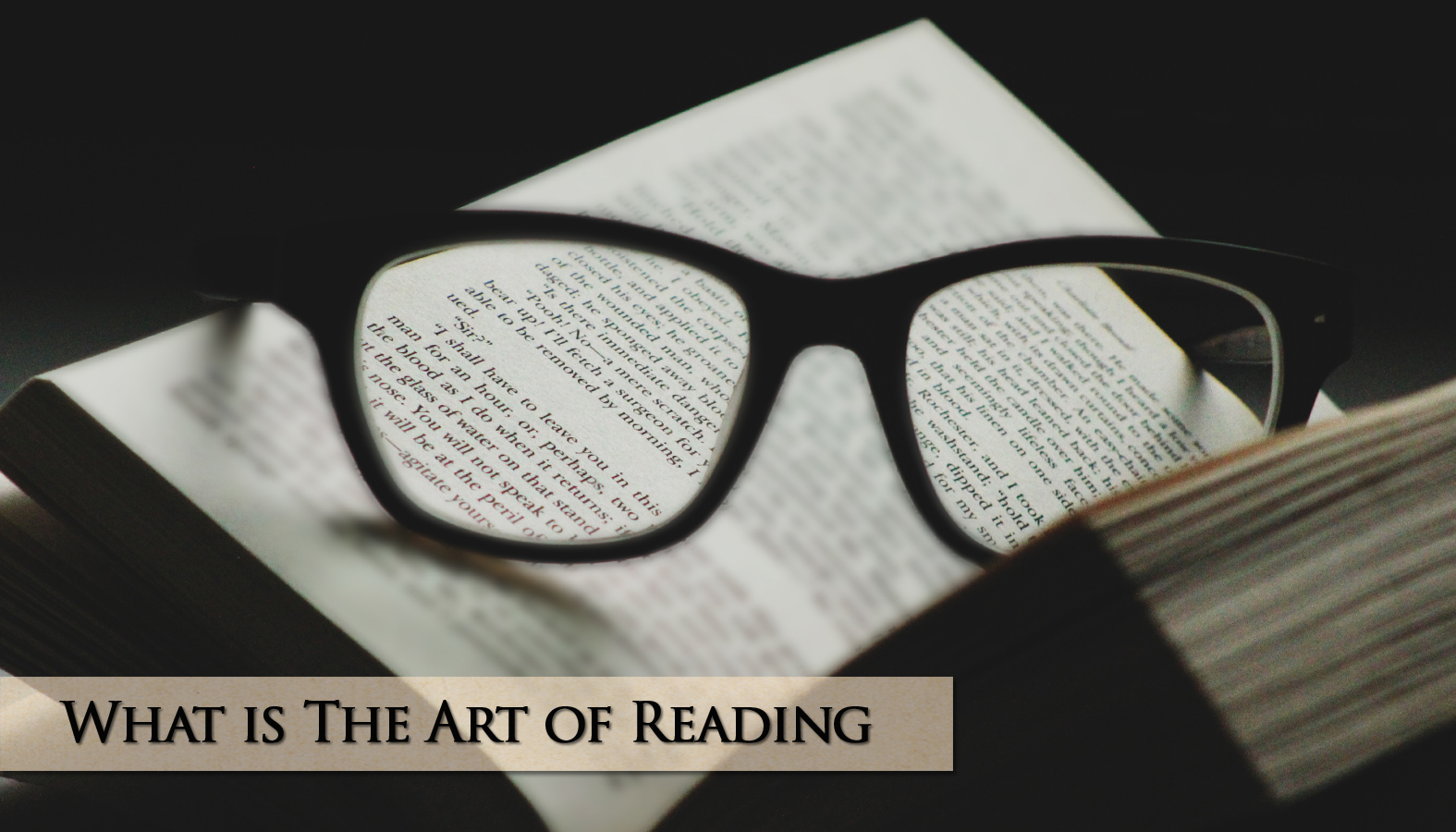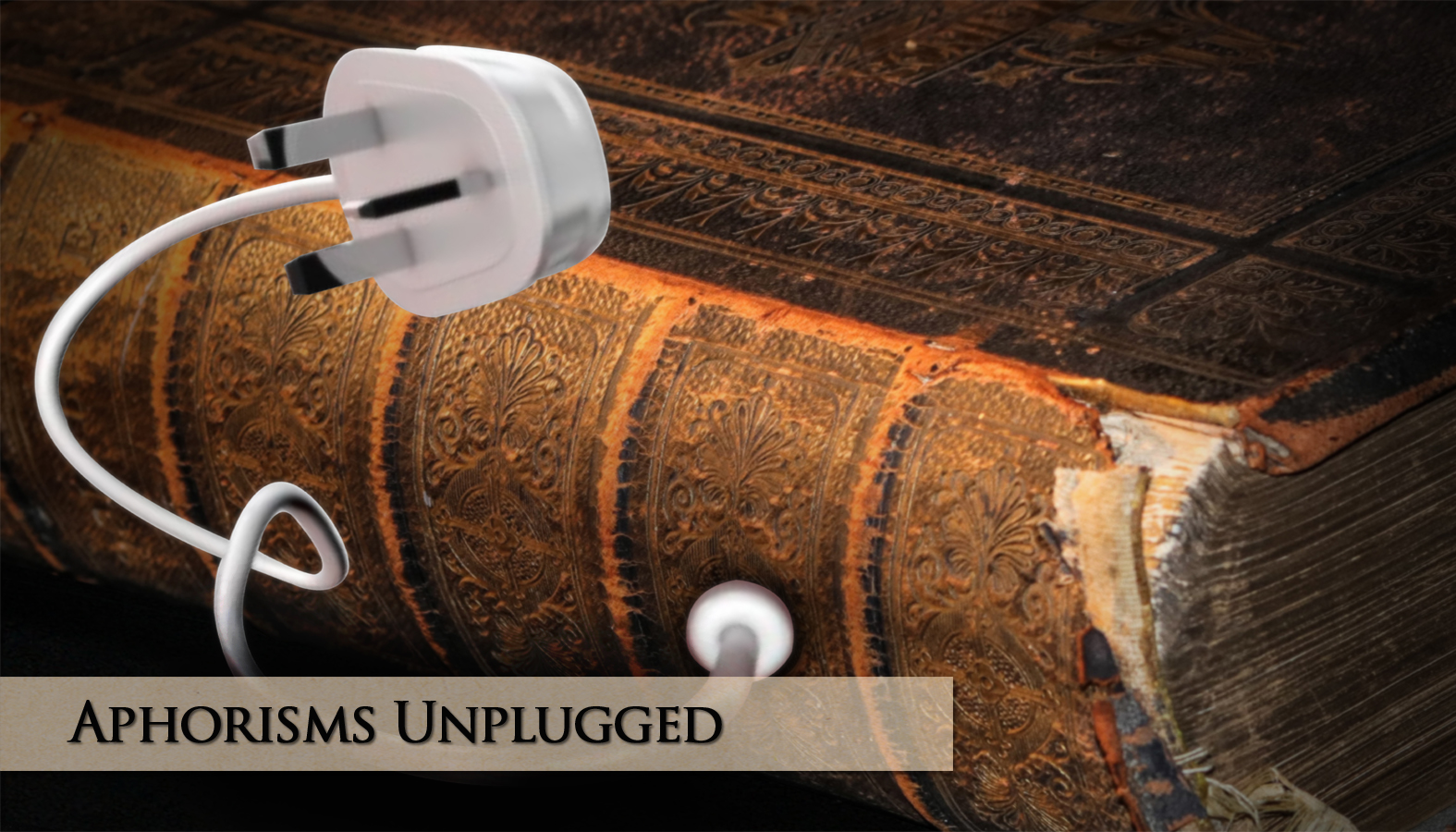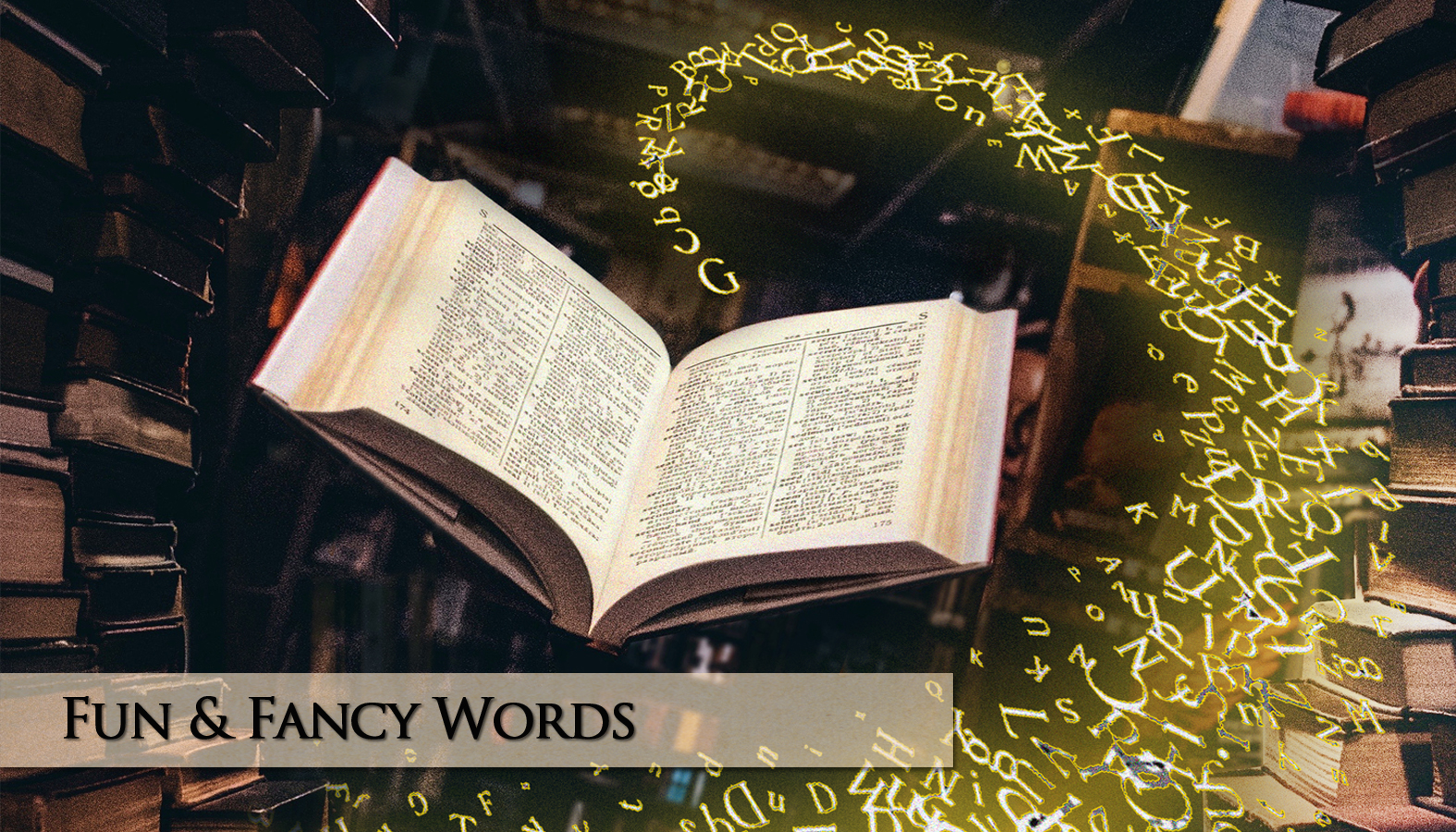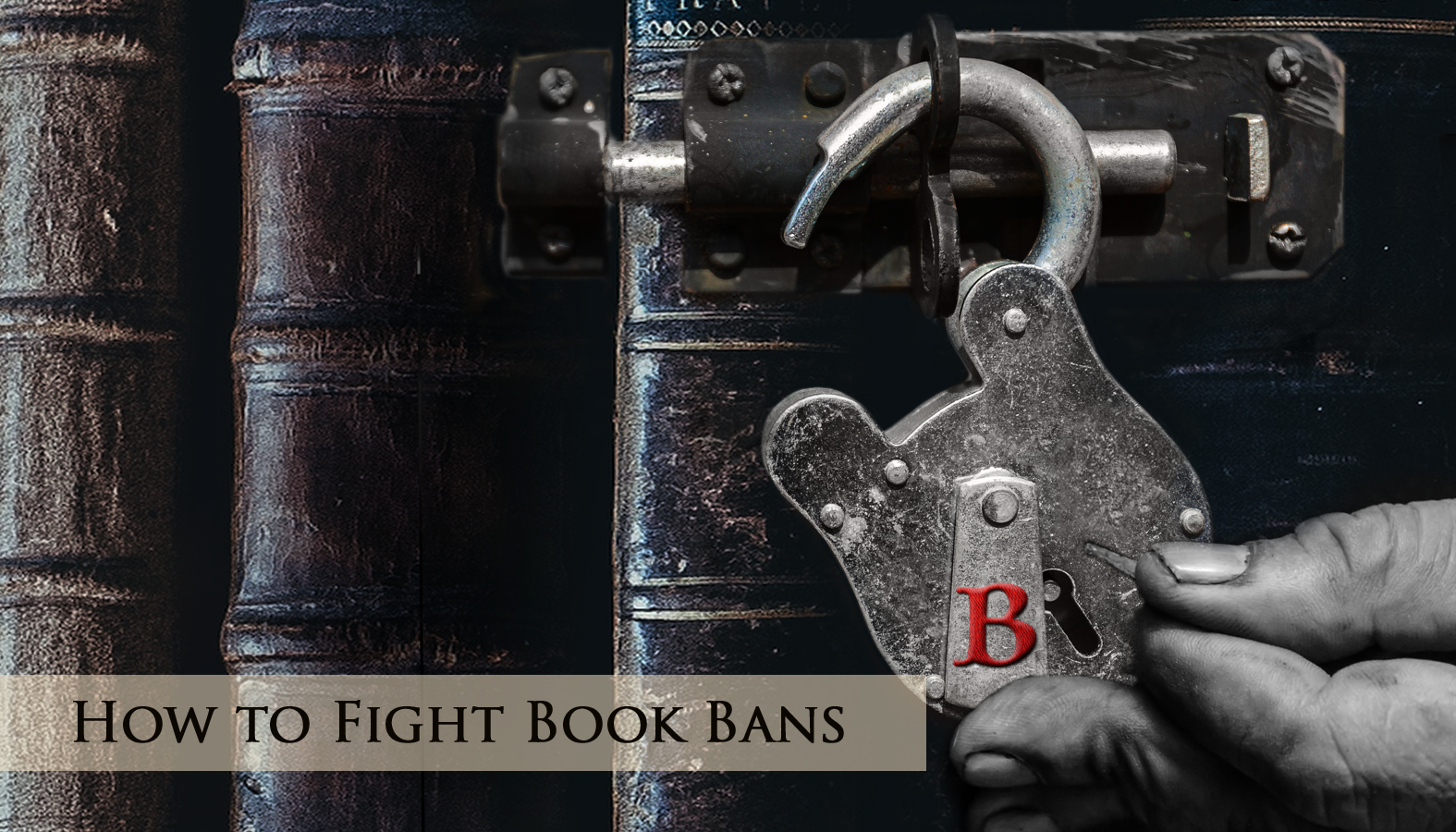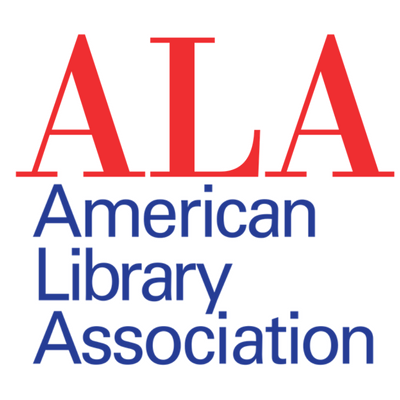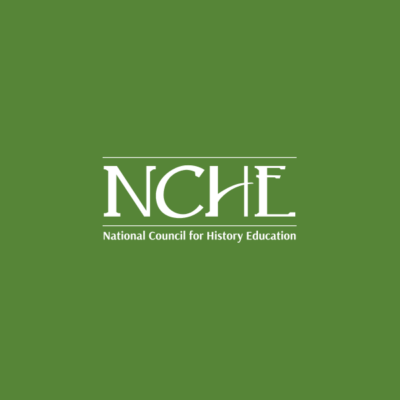Book Banning & Burning Throughout History
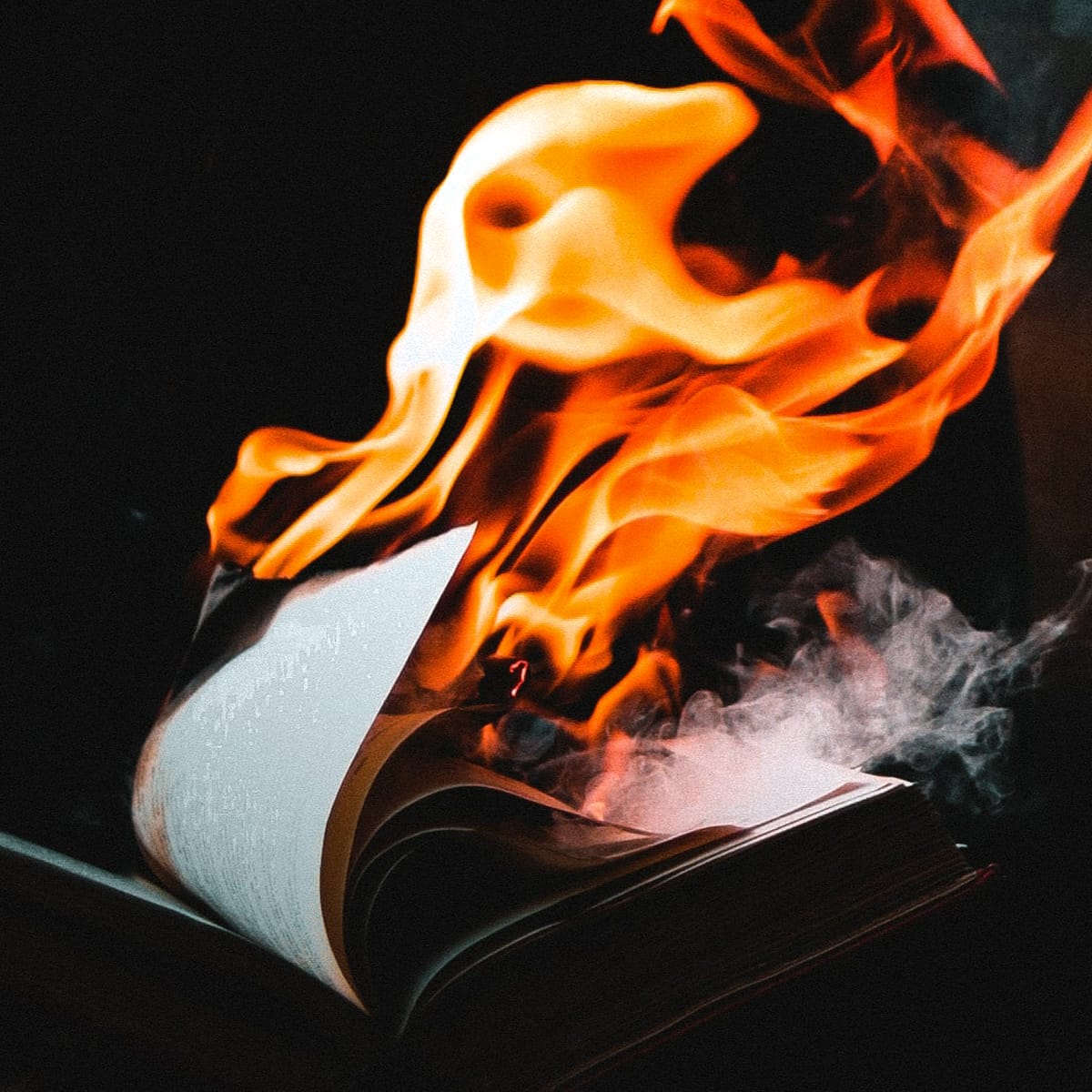
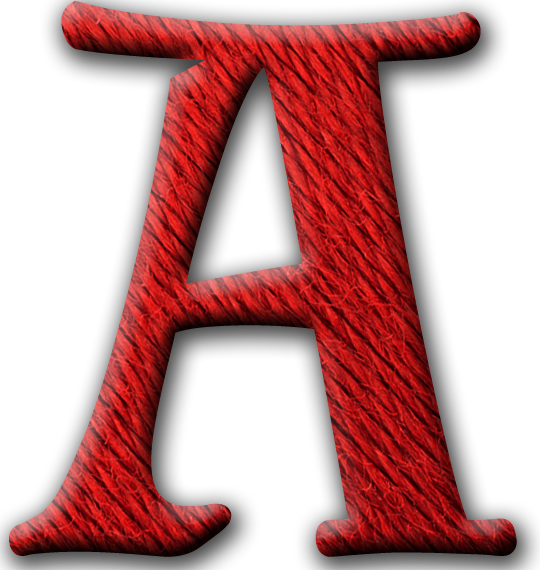 A
A
uthors of banned books have been ostracized, exiled, or even threatened with death. During certain periods, merely possessing a banned book was a crime.
Book banning in America is rising at an alarming rate. In fact, an all-time high of nearly 1,500 bans were put in place during the first half of the 2022-2023 school year, affecting 874 unique titles.
Books are banned for a variety of ostensible claims. Their content may be labeled “offensive” on religious or political grounds, as well as justifications like explicit sexuality or “vulgar” language. Lately, LGBTQA+ themes, diversity and social concerns lead the list.
At different points in history, authors of banned books have been ostracized, jailed, exiled, or even threatened with death. These days, we’re seeing such tools levied at our librarians. Library professionals have become victims of harassment and public defamation. Several states have passed legislation threatening jail time for librarians, as well as school librarians and teachers, for lending “inappropriate” material. And libraries in Chicago were recently the targets of bomb threats.
Similarly, during certain historical periods, possessing a banned book was regarded as a heretical act or considered treasonous, and as such punishable by prison, torture, or in the most notorious regimes, capital punishment. Here’s a brief timeline of book bannings, burnings, and other censorship tactics:
259–210 BC: The Chinese emperor Shih Huang Ti is said to have buried 460 Confucian scholars alive, in order to control how history was written in his time. In 212 B.C., he burned all the books in his kingdom, keeping a single copy of each for his Royal Library—and even those were destroyed before his death. Since all historical records had been eradicated, history could be said to begin with him.
8 CE: The Roman poet Ovid was banished from Rome for writing erotic poetry, Ars Amatoria (The Art of Love), which undermined Emperor Augustus’ agenda of moral reform. He was exiled to Tomis, the ends of the Roman Empire, if not the world. Savonarola later burned all of Ovid’s works in Florence during 1497, and U.S. Customs banned an English translation of Ars Amatoria in 1928.
35: The Roman emperor Caligula banned the reading of Homer’s The Odyssey, written more than 300 years earlier. Caligula considered the epic poem dangerous because it expressed Greek ideas of freedom.
640: According to legend, the caliph Omar burned every volume in the library at Alexandria in Egypt, all 200,000 of them. He did so because: “If these writings of the Greeks agree with the Book of God they are useless and need not be preserved; if they disagree, they are pernicious and ought to be destroyed.” On the upside, burning all these books provided six months’ fuel to warm the city’s baths.
1497–98: Savonarola was a powerful Florentine religious fanatic with a large following. He was also one of the most notorious censors of all time. During these years, he incited great “bonfires of the vanities” which burned books and paintings by some of the most renowned artists in Florence. He persuaded the artists themselves to surrender their works to the bonfires. A number of poets became convinced that their lines were wicked and impure, so they decided to stop writing in verse. Popular songs were condemned, and turned into hymns with pious lyrics. The final bonfire was lit in 1498, only this time, it was under Savonarola as he hung from a cross. Ironically, all his sermons, essays, and other writings were burned with him.
1525: Six thousand copies of William Tyndale’s English translation of the New Testament, which had been printed in Germany and smuggled into England, were burned by the English church. Church authorities mandated that the Bible only be available in Latin.
1559: At this point, the Roman Catholic Church had been listing books prohibited to its members for hundreds of years, but in this year, Pope Paul IV established the Index Librorum Prohibitorum. And for more than 400 years this remained the definitive list of books Roman Catholics were prohibited from reading. It was clearly one of the most powerful censorship tools in the world.
1597: Shakespeare’s Richard II originally contained a scene in which the king was deposed from his throne. Queen Elizabeth I was so angry that she ordered it removed from all copies of the play. The scene didn’t appear in the printed version of Richard II until 1608, during the reign of James I.
1614: King James I, on the other hand, banned Sir Walter Raleigh’s book The History of the World. Raleigh wrote the book while imprisoned in London Tower by James I, and perhaps unsurprisingly, it was banned for “being too saucy in censuring princes.”
1624: The Pope had Martin Luther’s German translation of the Bible burned, in Germany no less.
1633: The Catholic Church banned Galileo’s Dialogue Concerning the Two Chief World Systems. This is the book that championed Copernicus’ model of the universe, which put the sun at the center of the universe rather than the earth. Charged with “vehement suspicion of heresy” and under threat of torture, Galileo was not only forced to renounce his belief in the Copernican model, he was placed under house arrest for the rest of his life.
1644: Thomas Morton’s New English Canaan is considered the first book to be banned in the United States (to be technically accurate, what would become the US). Though Morton arrived in Massachusetts with the Pilgrims, he wasn’t on board with the strict, insular Puritan society they set out to build. Morton set up a dissenting colony, and seemingly went out of his way to be a perpetual thorn in the side of its Governor, William Bradford. New English Canaan is Morton’s harsh, satirical critique of Puritan social order in general, and the contemptible treatment the New World was receiving at the hands of these Pilgrims. The book was written from England where Morton was involved in a lawsuit against the Massachusetts Bay Company. Upon his return to Massachusetts in 1644, Morton was arrested for the publication of New English Canaan, and exiled to Maine where he died in 1647.
1720: Robinson Crusoe by Daniel Defoe was placed on the Index Librorum by the Spanish Catholic Church for heresy. Crusoe’s obsession with odds and likelihoods, as exhibited in his study of weather patterns and his ability to predict seasons of rain and drought, is seen as the art of conjuring.
1744: Goethe’s The Sorrows of Young Werther was published in this year, and soon became popular throughout Europe. The book is a short novel about a young man’s sufferings from a failed love affair. And the final chapter of the book graphically depicts Werther’s suicide. The Lutheran church condemned it as immoral because several copycat suicides followed the publication of the book. Governments in Italy, Denmark, and Germany followed suit and also banned the book. Two hundred years later, American sociologist David Phillips wrote about the triggering effect of publicized suicide, titling his book The Werther Effect.
1788: In deference to the insanity of the reigning monarch, King George III, Shakespeare’s King Lear was banned from the stage until 1820.
1807: Dr. Thomas Bowdler published a sanitized collection of Shakespeare’s plays. The preface of his first volume claimed that he had eliminated “everything that can raise a blush on the cheek of modesty.” This ultimately amounted to roughly 10 per cent of the playwright’s texts. The word “bowdlerize” has since became incorporated into the English language, meaning to modify passages considered vulgar or otherwise objectionable.
1843: The English Parliament updated an act requiring all plays performed in England to be submitted to the Lord Chamberlain for approval. Despite objections by renowned playwrights like George Bernard Shaw (in 1909), the Lord Chamberlain retained this power until 1968.
1853: Many historians point to Harriet Beecher Stowe’s anti-slavery novel, Uncle Tom’s Cabin, as the first book in the United States to be banned on a national scale. That “nation,” however, was the Southern Confederacy. Even so, the banning began years before the Confederate states seceded. From the instant it was published, Uncle Tom’s Cabin outraged people in the south, who labeled it “slanderous” to a criminal degree. This resulted in situations like a bookseller in Mobile, Alabama being run out of town for selling it. Stowe’s novel continues to come under fire, but these days it’s primarily because of the book’s racially charged language.
1859: Charles Darwin’s On the Origin of Species, which introduced the theory of evolution, was published. In the same year, the book was banned from the library of Trinity College, Cambridge, the very school where Darwin had been a student. On the Origin of Species was also at the heart of the 1925 American legal case commonly referred to as the Scope’s Monkey Trial (formally known as The State of Tennessee v. John Thomas Scopes). The case challenged Tennessee’s Butler Act, which made it illegal to teach human evolution in state-funded schools.
1859: George Eliot’s novel Adam Bede was condemned as the “vile outpourings of a lewd woman’s mind,” and the book was removed from libraries in Britain.
1864–1959: Victor Hugo’s novel Les Misérables was placed on the Index Librorum because the Church was wary of political revolution, and remained on the Index until 1959. Not only did Victor Hugo support the French Revolution, in the nineteenth century, “liberty, fraternity and equality” were quite literally “fighting words.”
1881: Boston’s district attorney threatened to ban Walt Whitman’s Leaves of Grass (published in 1833) unless the book was bowdlerized. There was so much public uproar that Whitman was able to buy a house with the proceeds from the additional book sales.
1885: A year after of Mark Twain’s Huckleberry Finn was published, the library of Concord, Massachusetts decided to remove the book from its shelves. The decision-making committee said the book was “rough, coarse and inelegant, dealing with a series of experiences not elevating,” further stating that “the whole book being more suited to the slums than to intelligent, respectable people.” It is said that by 1907 Twain’s novel had been abolished from some library somewhere every year, mostly because its hero was seen as setting a bad example for impressionable young readers.
1927: A translation of The Arabian Nights by French scholar J. C. Mardrus was held up by U.S. Customs. Though a translation by Sir Richard Burton was deemed less objectionable and allowed into the country four years later, the ban on the Mardrus version was maintained.
1929: Jack London’s popular novel Call of the Wild was banned in Italy and Yugoslavia. However, it was not the harsh undertones and mistreatment of animals that brought about this ban. It was London’s Socialist politics, which ran afoul of fascist regimes who considered it “too radical.” The Nazi Party also burned several of London’s “socialist-friendly” books like The Iron Heel in 1933.
1929: The Adventures of Sherlock Holmes by Sir Arthur Conan Doyle was banned in the Soviet Union because of its references to, and Doyle’s advocacy of, “occultism” and spiritualism.
1929–80: Novels by Ernest Hemingway were banned in various parts of the world, including Italy, and Germany, as well as the U.S. Banned by Mussolini himself, A Farewell to Arms contains a glaringly-accurate account of the Italian retreat from Caporetto, which depicted the cowardice of the soldiers as well as the atrocities they committed. It was also challenged by the Vernon-Verona-Sherill, N.Y., School district in 1980 as a “sex novel.” All of Hemingway’s books were burned in the Nazi bonfires for “being a monument of modern decadence.” In 1941, the U.S. Post Office declared For whom the Bell Tolls unfit to mail because it was seen as pro-Communist. Hemingway’s books are frequently challenged for “vulgar” words, which he felt conveyed important truths about war and love. In 1962, a group called “Texans for America” went so far as to oppose any textbooks that refer students to books by the Nobel Prize-winning author.
1931: Alice in Wonderland by Lewis Carroll was banned by the governor of Hunan province in China. The reason for the banning is that animals shouldn’t use human language, and that it is disastrous to put animals and humans on the same level.
1932: In a letter to an American publisher, James Joyce indicated that “some very kind person” bought out the entire first edition of his novel Dubliners and had it burned. The New York Society for the suppression of Vice argued to have Joyce’s novel Ulysses labeled obscene, and it was banned in the U.S. until 1933.
1933: A series of massive bonfires took place in Nazi Germany, which burned thousands of books written by Jewish authors, communists, and others. In addition to those already mentioned, this included works of John Dos Passos, Albert Einstein, Sigmund Freud, Helen Keller, Lenin, Thomas Mann, Karl Marx, Erich Maria Remarque, Upton Sinclair, Stalin, and Leon Trotsky.
1953: The Irish government banned a number of books for immorality, including Anatole France’s A Mummer’s Tale, all the works of Emile Zola, most novels by William Faulkner, as well all of John Steinbeck’s books, which were banned for subversion and immorality.
1954: Mickey Mouse comics were banned in East Berlin because the cartoon character was said to be an “anti-Red rebel.”
1959: After protests by the White Citizens’ Council, Garth Williams’ picture book for children The Rabbits’ Wedding was restricted to the reserved shelf in Alabama public libraries because it was seen as promoting racial integration.
1960: The year after England passed a new Obscene Publications Act, D.H. Lawrence’s novel Lady Chatterley’s Lover was the subject of a trial, in which Penguin Books was prosecuted for publishing an obscene book. During the proceedings, the prosecutor asked whether Lady Chatterley’s Lover is “a book you would wish your wife or servant to read?” Ultimately, Penguin won the case, and the book was allowed to be sold in England.
1973: School officials in Drake, North Dakota voted to withdraw Kurt Vonnegut’s Slaughterhouse-Five from the curriculum, citing “obscene language,” and “explicit sex scenes.” Most students, however, didn’t want to give up their copy of the novel. So, lockers were searched, books confiscated, and all 32 copies were ultimately burned in the school’s furnace.
1977: Maurice Sendak’s picture book In the Night Kitchen, was removed from the school library in Norridge, Illinois because of “nudity to no purpose.” The book features a boy who dreams he falls out of his pajamas and into a bowl of cake batter, and was ranked #25 on the American Library Association’s list of 100 Most Frequently Challenged Books of 1990-2000.
1980s: During an evaluation of school materials, the London County Council banned the use of Beatrix Potter’s The Tale of Peter Rabbit and Benjamin Bunny from all London schools. These classic tales were prohibited because the stories only portrayed “middle-class rabbits.”
1983: Members of the Alabama State Textbook Committee called for the exclusion of The Diary of Anne Frank because it was “a real downer.”
1987: I Know Why the Caged Bird Sings by Maya Angelou was eliminated from the required reading list for Wake County, North Carolina high school students because of a scene in which Angelou, at the age of seven and a half, is raped.
1998: The Kenyan government banned 30 different books and publications for “sedition and immorality,” among them The Quotations of Chairman Mao, and Salman Rushdie’s The Satanic Verses.
2001: A pastor in New Mexico lead his congregation in a bonfire fueled by Stephen King novels, AC/DC records, and a number of other books, because they were “the work of the devil.” Church members sang Amazing Grace as they threw the books and records into the fire.
2006: Margaret Atwood’s novel The Handmaid’s Tale was deleted from an advanced placement English curriculum in the Judson, Texas school district. Overruling a committee of teachers, students, and parents, the superintendent banned the book after another parent complained about its sexual nature, and stated that it was offensive to Christians.
2010: The Curious Incident of the Dog in the Night-time by Mark Haddon was removed from the summer reading program in Lake Fenton, Michigan after parents objected to the novel’s “profane” language. Some parents have also insisted the book be eliminated from school reading lists because they feel it promotes atheism.
2016: The American Library Association’s report for this year included an anecdote by Daily Show writer Daniel Radosh regarding the irony of his son’s school requiring a signed permission slip in order to read Ray Bradbury’s Fahrenheit 451. The irony lies in the fact that Bradbury’s novel is a cautionary tale about the dangers of banning books. In true satirical Daily Show fashion, “Radosh wrote a thank-you note to the teacher, saying the permission slip was ‘a wonderful way to introduce students to the theme of Fahrenheit 451.”
2019: St. Edward Catholic School in Nashville removed J. K. Rowling’s Harry Potter series from its library for reasons involving witchcraft. The pastor was worried that readers actually risk “conjuring evil spirits.”
2022: Florida’s “Don’t Say Gay” bill has several Florida schools removing significant numbers of books from their libraries. There’s also the Sunshine State’s “Stop W.O.K.E. Act” (officially the Individual Freedom Act), which PEN America describes as an “educational gag order.” This law has Florida teachers removing or covering all the books in their classroom libraries until they have been “vetted” by the proper authorities. Dozens of books were ultimately removed after they were objected to by a single person.
In the 2021-2022 school year 565 books have been banned in Florida schools. Some were banned permanently, though other bans were temporary pending investigation. Either way, the result is the same: Students have lost access to books.
The American Library Association’s Office for Intellectual Freedom (OIF) has put together annual bibliographies of books that have been challenged, restricted, or banned since 1990. These lists are based on information gathered from media stories, and challenge reports submitted to the OIF from communities throughout the U.S.
Share This Post, Choose a Platform!
Sources:
ABC News
American Library Association – ala.org
American Libraries Magazine
Associated Press
BBC News
Catholic Lane – catholiclane.com
Chance and the Eighteenth-Century Novel: Realism, Probability, Magic by Jesse Molesworth.
Chicago Sun Times.
Christian Science Monitor – csmonitor.com
Freedom to Read Week – freedomtoread.ca
History Answers – historyanswers.co.uk
History – history.com
Literary Hub – lithub.com
PEN America – pen.org
Politics and Prose Bookstore – politics-prose.com
Royal Collection Trust – rct.uk
San Diego Free Press. https://sandiegofreepress.org/2014/09/americas-first-banned-book-and-the-battle-for-the-soul-of-the-country/#.YbuTIX3MIb0
Sir Walter Raleigh’s History of the World by Charles H. Firth.
Smithsonian Magazine – smithsonianmag.com
SocialBooksheves.com
“The Cause of Ovid’s Exile” by G. P. Goold in Illinois Classical Studies.
“The Censorship of the Deposition Scene in Richard II” by Janet Clare in The Review of English Studies.
The New York Times
The Nobel Prize Website – nobelprize.org
The Online books Page – onlinebooks.library.upenn.edu
The Washington Post – washingtonpost.com
World.edu Global education network — world.edu
World History Encyclopedia — https://www.worldhistory.org/New_English_Canaan/
FYI:
This Book is Banned participates in the Amazon.com affiliate program, where we earn a small commission by linking to books (but the price remains the same to you). This allows us to remain free, and ad free. [Our privacy policy]





